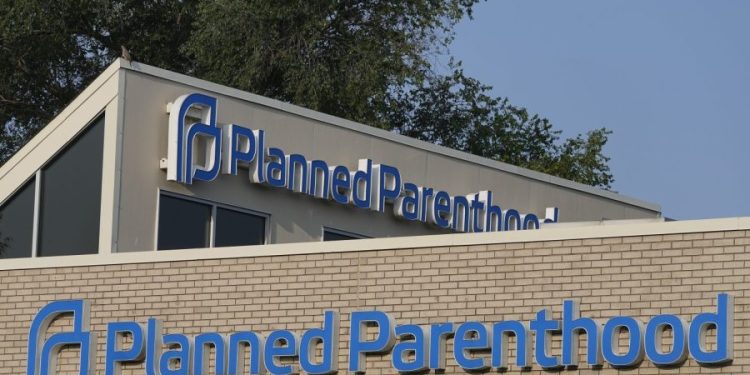An updated legal challenge from Planned Parenthood in South Carolina seeks to preserve Medicaid for its health centers after a recent Supreme Court decision allowed the state to restrict federal funding.
The filing challenges the constitutionality of Gov. Henry McMaster’s (R) order that blocks Medicaid funds from clinics that provide abortions.
The complaint asked a federal judge to block the policy and allow Planned Parenthood South Atlantic (PPSAT) to remain a provider in the Medicaid program while the case proceeds.
The organization operates two clinics in the Palmetto State. They provide nonabortion services, including cancer screenings, annual physicals, birth control, and testing and treatment for sexually transmitted infections. But McMaster’s order said that because Planned Parenthood was also an abortion provider, it shouldn’t get taxpayer funds.
“What started as a crusade against abortion has devolved into an even greater assault on essential, preventive care,” said Paige Johnson, president and CEO of Planned Parenthood South Atlantic, in a statement. “Planned Parenthood South Atlantic provides high-quality, comprehensive health care, and any attempt to remove our health centers as a care option for patients with Medicaid is not only blatantly political but unconstitutional.”
Medicaid is prohibited from paying for almost all abortions, and Planned Parenthood receives no state or federal reimbursement for the abortions it provides.
Abortion is only legal in the state in the first six weeks of pregnancy, in certain medical emergencies and in cases of rape or incest.
The new complaint comes after Planned Parenthood and a Medicaid patient sued over McMaster’s executive order in 2018. That lawsuit, which reached the Supreme Court, claimed the order violated federal law that allows Medicaid patients to get care from any qualified provider of their choice.
The justices in June said individual Medicaid patients cannot sue to enforce their right to pick a provider, opening the door for South Carolina to block Planned Parenthood from getting Medicaid funding.
Texas, Arkansas and Missouri already block Planned Parenthood from seeing Medicaid patients, and the organization said it expected many other Republican-led states to do the same in the wake of the decision.
The amended complaint challenges the executive order as well as budget riders passed by the South Carolina General Assembly that seek to prevent federal funds from going to PPSAT.
“This case is not about the legality or constitutionality of abortion. Rather, this case is about Planned Parenthood’s provision of essential health care services, other than abortion, to its patients in South Carolina,” the complaint states.
It also warns that terminating Planned Parenthood from Medicaid “will have a devastating impact on its ability to provide a wide range of non-abortion health care.” The organization’s clinics could be forced to turn away patients, who will be left with no alternative provider or may forgo care.
The lawsuit comes as the national Planned Parenthood organization seeks to fend off a provision in the new tax and spending law that would ban all of its clinics from Medicaid. A federal judge has blocked that provision from taking effect.















